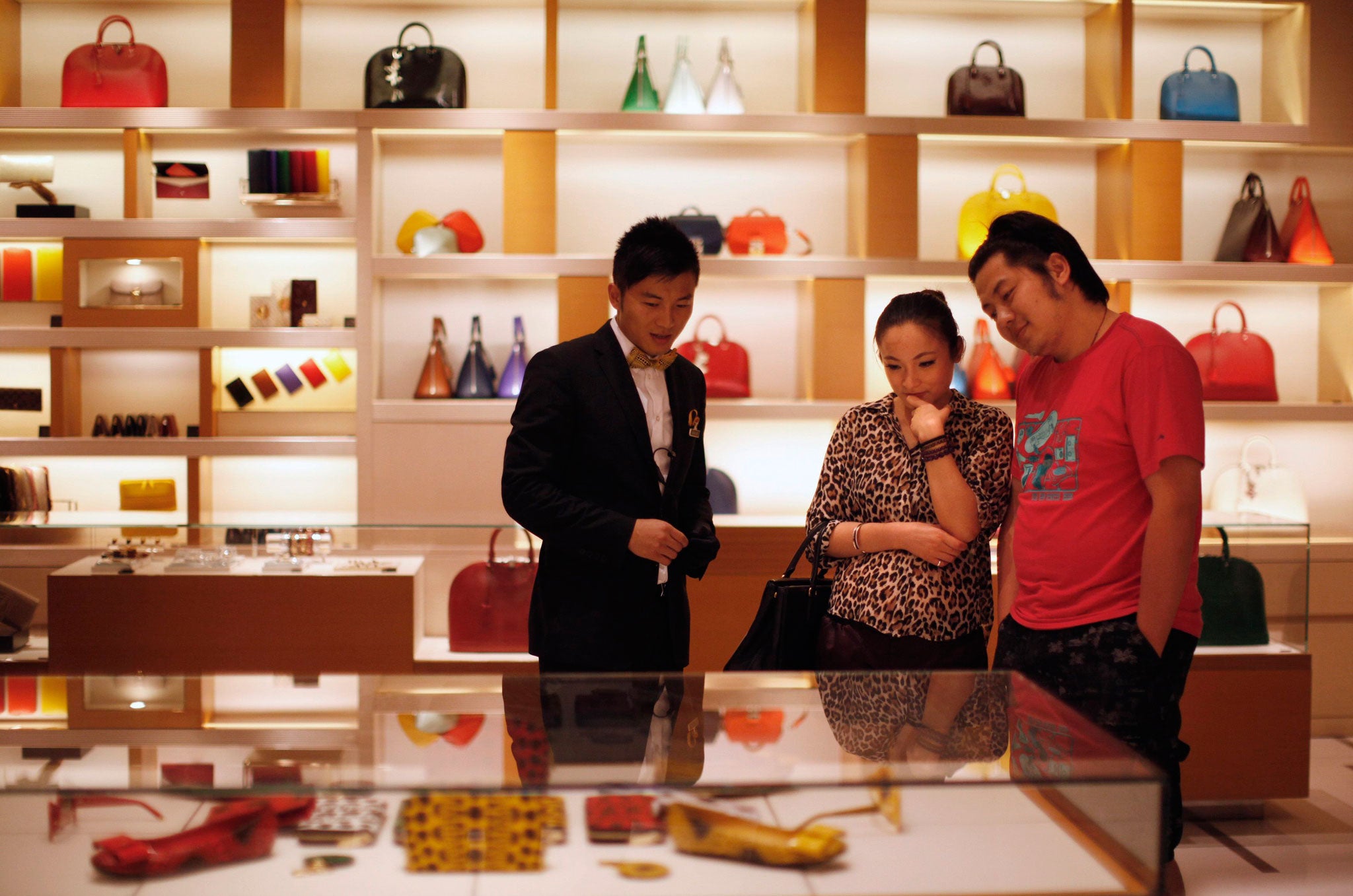'Crazy Rich Asians', By Kevin Kwan: Book review
Superficial but fun, this satire describes life for Chinese old money and nouveaux

Your support helps us to tell the story
From reproductive rights to climate change to Big Tech, The Independent is on the ground when the story is developing. Whether it's investigating the financials of Elon Musk's pro-Trump PAC or producing our latest documentary, 'The A Word', which shines a light on the American women fighting for reproductive rights, we know how important it is to parse out the facts from the messaging.
At such a critical moment in US history, we need reporters on the ground. Your donation allows us to keep sending journalists to speak to both sides of the story.
The Independent is trusted by Americans across the entire political spectrum. And unlike many other quality news outlets, we choose not to lock Americans out of our reporting and analysis with paywalls. We believe quality journalism should be available to everyone, paid for by those who can afford it.
Your support makes all the difference.This reviewer knew from interviews that Kevin Kwan’s debut was set among the label-obsessed (and thus vacuous) diaspora of unimaginably wealthy elite Chinese, and her po-faced pre-read notes consisted of these points: firstly, do I care about any of these people. Secondly, is it, as Kwan has claimed, satire? (True satire needs to go beyond parody and be funny.) Thirdly, is it original, or indistinguishable from the thousands of existing satires on the affluent? And fourthly, even if the answers to the above are yes, does the material stretch to a novel rather than an amusing short story?
My judgemental inverse snobbery was laid to rest when I started reading. Although Kwan’s writing is populist and overly enthusiastic (for example, there are 17 near synonyms for “said” in the first five pages), the colourful characters and gossipy storyline are compelling.
At the heart of the novel are Nick and Rachel, a couple of university professors living in New York. Nick comes from a vastly affluent family, but Rachel is unaware of this. Their relationship has become serious, and Nick invites Rachel to accompany him to Singapore for the wedding of a friend at which Nick is to be Best Man. Nick wants Rachel to finally meet his family.
When they arrive in Singapore, Rachel is scrutinised by Nick’s relatives and friends from many different angles: curiosity, envy, gossipy camaraderie, inquisitive probing, passive aggression (from Nick’s mother, who chooses to be absent), and, just occasionally, genuine warmth. Nick’s family and those in the upper echelons of Chinese and ex-pat Chinese society, have become obsessed with the identity of this eligible bachelor’s girlfriend. Some of Nick’s relatives have even hired private investigators to analyse her family, which, disappointingly for the snobs, consists of an ordinary single-mother upbringing in the States.
Kwan delves beneath the superficiality to present two types of Chinese wealth. The ostentatious nouveau riche tend to be vulgar conspicuous consumers who have made their millions in the past decade. They are often from mainland China, and only became loaded after the fall of traditional communism. By contrast, those overseas-based Chinese who left China before communism was established, and amassed great fortunes over time, tend to be more discreet with their wealth.
Kwan has fun describing the egregious toys of the mega rich, such as a climate-controlled closet the size of an aircraft hangar, where the cashmere and furs are maintained at a lower temperature than the displays of shoes; and screens project images of models wearing each item together with dates and locations of where the item was previously worn, so that the owner will never – quel horreur – “repeat an outfit”.
There are interesting footnotes explaining slang, customs and traditions. Despite the omniscient third-person narration, each chapter focuses on one individual, couple or location. Some of the characters evoke genuine empathy. For example, Rachel when Nick’s ex is describing his past addiction to cunnilingus; or even Astrid, who spends a million euros on Paris couture each year, and who finds a text on her husband’s phone that shatters her illusions.
There are occasional glimpses of the racism that Asians face in some quarters before the revelation of their spending power converts it to obsequious fawning. The opening chapter is especially satisfying in this respect. This is fun, superficial escapism that hooks and reels in even the reluctant reader: Dynasty among the filthy-rich Chinese community.
Join our commenting forum
Join thought-provoking conversations, follow other Independent readers and see their replies
0Comments